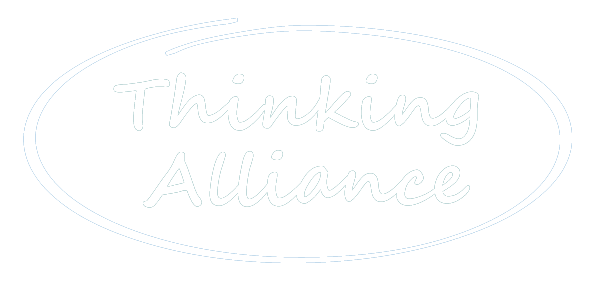20 May B is for Being
At times of change, we can get completely caught up with tackling the immediate pressures around us, whilst also adding to an ever-lengthening list of internal worries. There have certainly been times in my life when I’ve spent each day (sometimes each hour or minute!) moving from one crisis to the next and getting more and more stressed about the things I haven’t yet done, or didn’t do well enough. When I finally paused for breath, aside from relief, I noticed that I often felt somewhat confused about where I’d actually got to.
The irony is that at these times of deep and rapid change, there’s also a huge opportunity to take calculated risks, have fantastic ideas and grow as leaders, if only we could pause the flow of adrenaline and caffeine for long enough to spot them.
And here’s where Being comes in. Being aware, being in the moment, being human. Whilst there may be 101 things on the list to do today, chances are your mental worry list reckons it’s closer to 1001. This is because every time you start something, you also worry that you’re not doing something else, you worry you’ll forget a third task, you worry about the decisions you’ve made, and on it goes. Developing the ability simply to “be in the moment” helps you to set that mental worry list aside.
In essence, if you can develop your capacity for being, you can get back in control of the change. By being more aware, for example by listening clearly to others and opening your intuition, you can better detect concerns and spend a few moments addressing them before they turn into full-blown crises needing hours to resolve. By being in the moment, you can better recognise that each moment is all you have, and you always have the choice about how to use it. And by being human, you can let go of the need to be perfect or right all the time, and focus your efforts on what is good enough for you.
There are thousands of people and websites out there who have ideas and tools to help – mindfulness, meditation, mantras and so on. Some of them are deeply ‘out there’ and others are great. Before you dismiss the whole lot, be aware that there’s research starting to emerge which shows, for example, that mindfulness can reduce stress and improve concentration. The simple act of looking up and pausing for breath can be enough to bring you back to what’s important.
By being present whenever you can manage it, especially at times of change, you’re likely to find increased focus and awareness, and greater understanding when you do pause for breath of where you’ve got to, what you’ve learned, and where to go next. The changes you seek are likely to be more effective and long-lasting as a result.
Contact me if you’d like to discuss how I can help you change for good. And don’t forget to watch out for the next post in the A-Z of change: C is for…?

